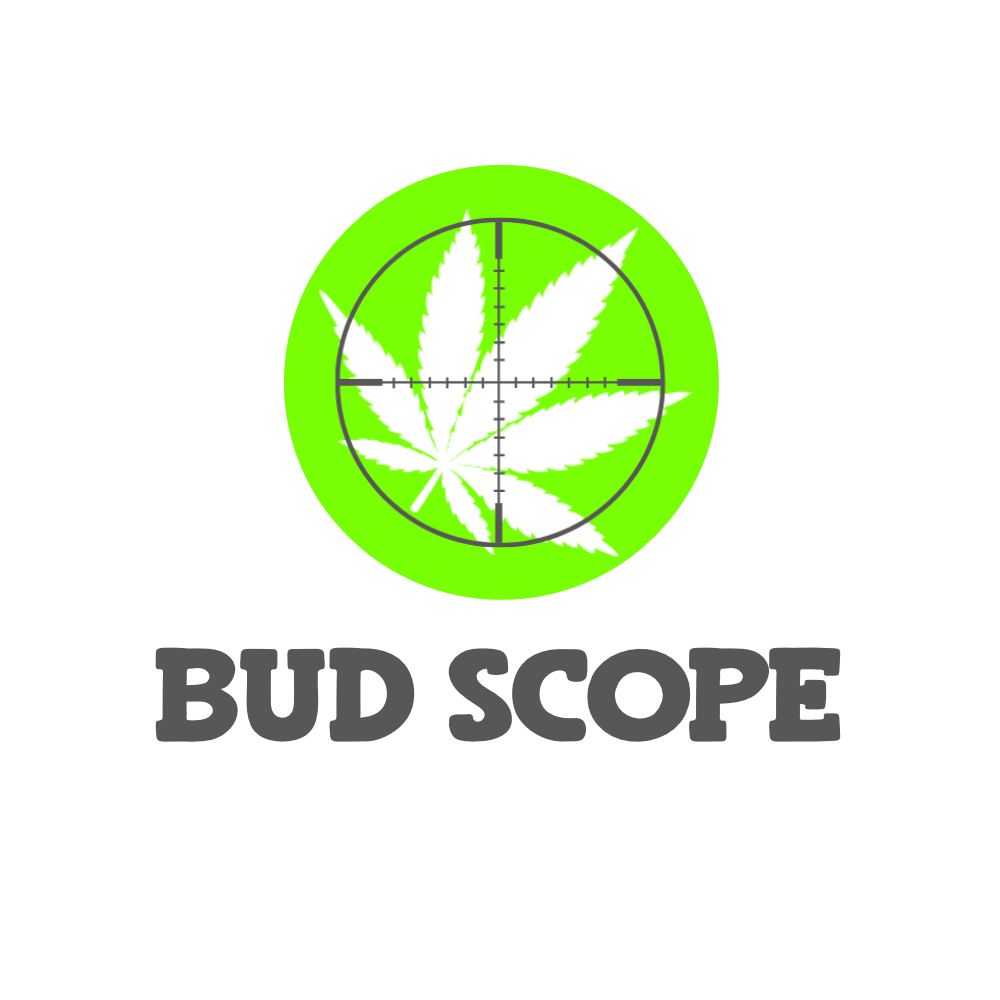Tags: Cannabis Compounds
Tetrahydrocannabiphorol (THCP) is a potent phytocannabinoid, a CB1 and CB2 agonist that was initially known as a synthetic homologue of THC, but was later isolated as a natural product in trace amounts from Cannabis sativa in 2019.
Isomers
- Δ-THCP and Delta-3-THCP were both synthesized in 1941.
- Both isomers have similar potency to Δ-THC.
- Parahexyl is significantly stronger than both Δ-THCP and Delta-3-THCP.
- JWH-091 (Δ-THCP) and Delta-3-THCP are synthetic cannabinoids.
- JWH-091 has double the binding affinity at the CB receptor compared to Δ-THC.
Natural Occurrence in Cannabis
- THCP occurs naturally in Cannabis in small amounts.
- Analysis revealed THCP content in mid to high THC strains ranging from 0.0023% to 0.0136%.
- There is no correlation between THC percentage and THCP content.
- Some strains with 8% THC have similar THCP amounts to those with 20% THC.
- Studies have identified THCP content in different Cannabis sativa accessions.
Delta-8-THCP
- Delta-8-THCP is a code name for the Δ-isomer.
- JWH-091 (Δ-THCP) is a synthetic cannabinoid.
- Delta-8-THCP may be found naturally in cannabis plants.
- JWH-091 has double the binding affinity at the CB receptor compared to Δ-THC.
- Delta-8-THCP has higher binding activity than Δ-THC and Δ-THC.
Research Studies
- Studies have identified THCP content in Cannabis sativa.
- THCP content ranges from 0.0023% to 0.0136% in mid to high THC strains.
- THCP content does not correlate with THC percentage.
- Strains with different THC percentages can have similar THCP amounts.
- Various research studies have analyzed the content of THCP in Cannabis sativa.
Tetrahydrocannabiphorol Data Sources
| Reference | URL |
|---|---|
| Glossary | https:/glossary/tetrahydrocannabiphorol |
| Wikipedia | https://en.wikipedia.org/wiki/Tetrahydrocannabiphorol |
| Wikidata | https://www.wikidata.org/wiki/Q85806080 |
| Knowledge Graph | https://www.google.com/search?kgmid=/g/11j4y8fbl7 |
| DBPedia | http://dbpedia.org/resource/Tetrahydrocannabiphorol |
| Product Ontology | http://www.productontology.org/id/Tetrahydrocannabiphorol |
